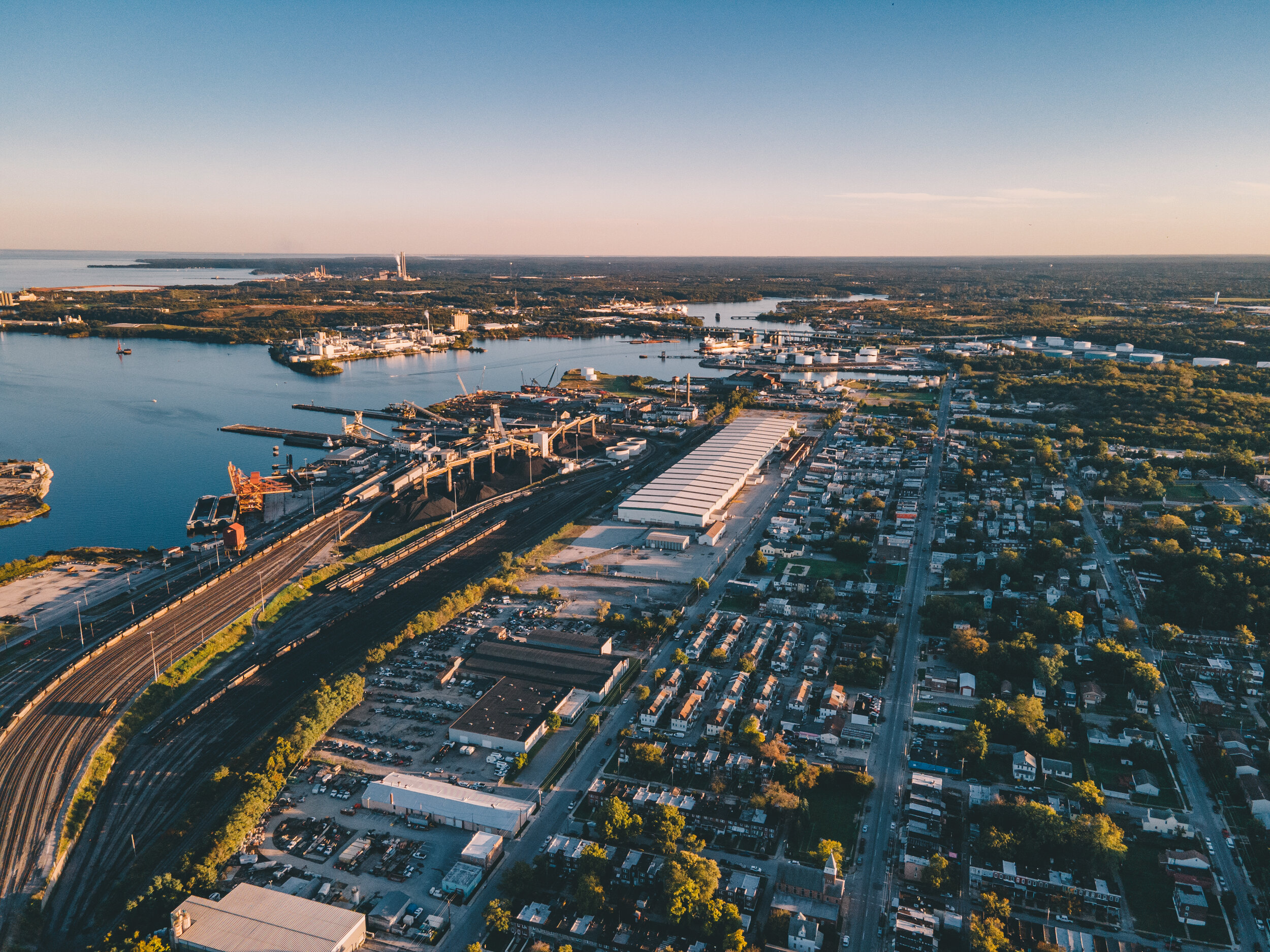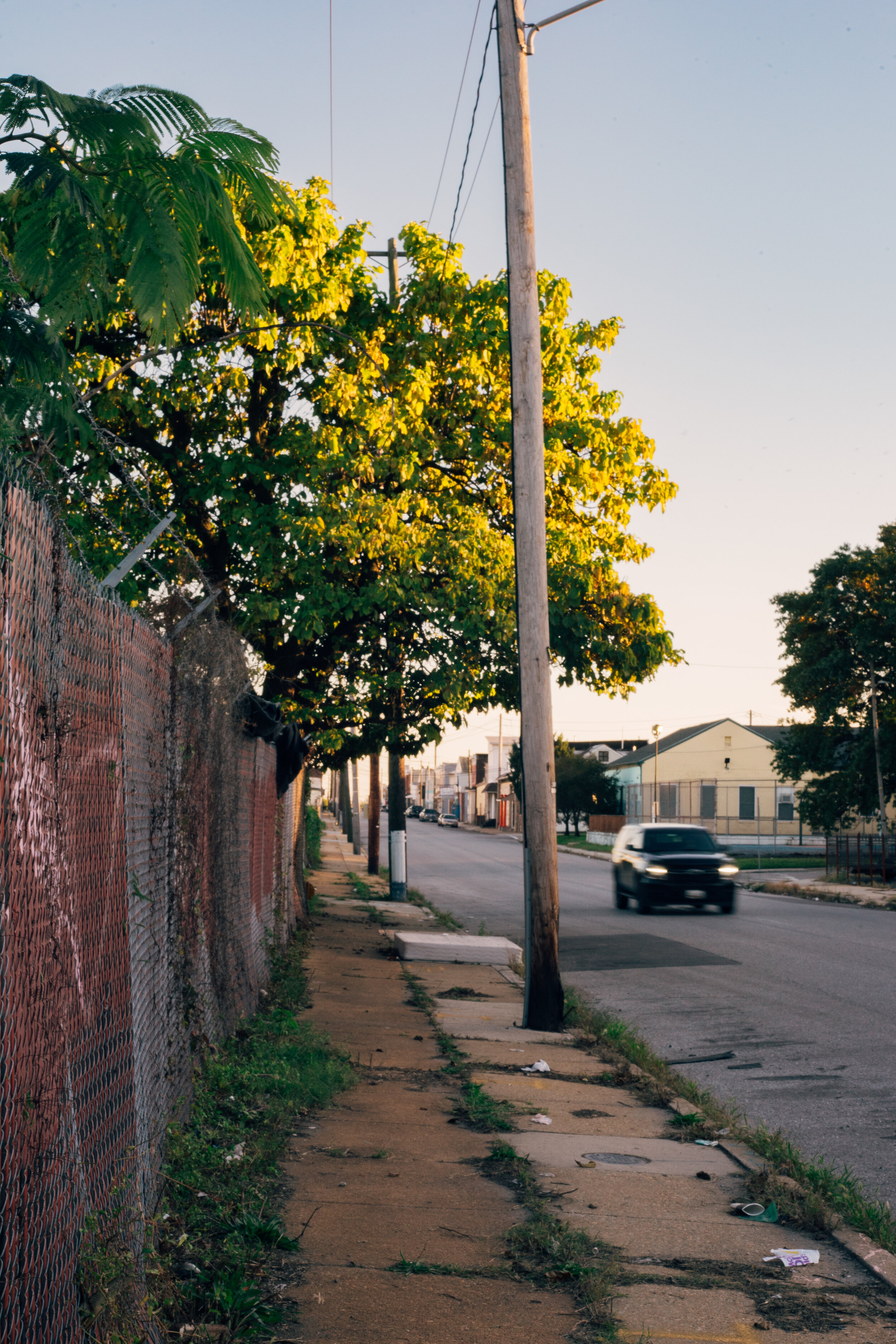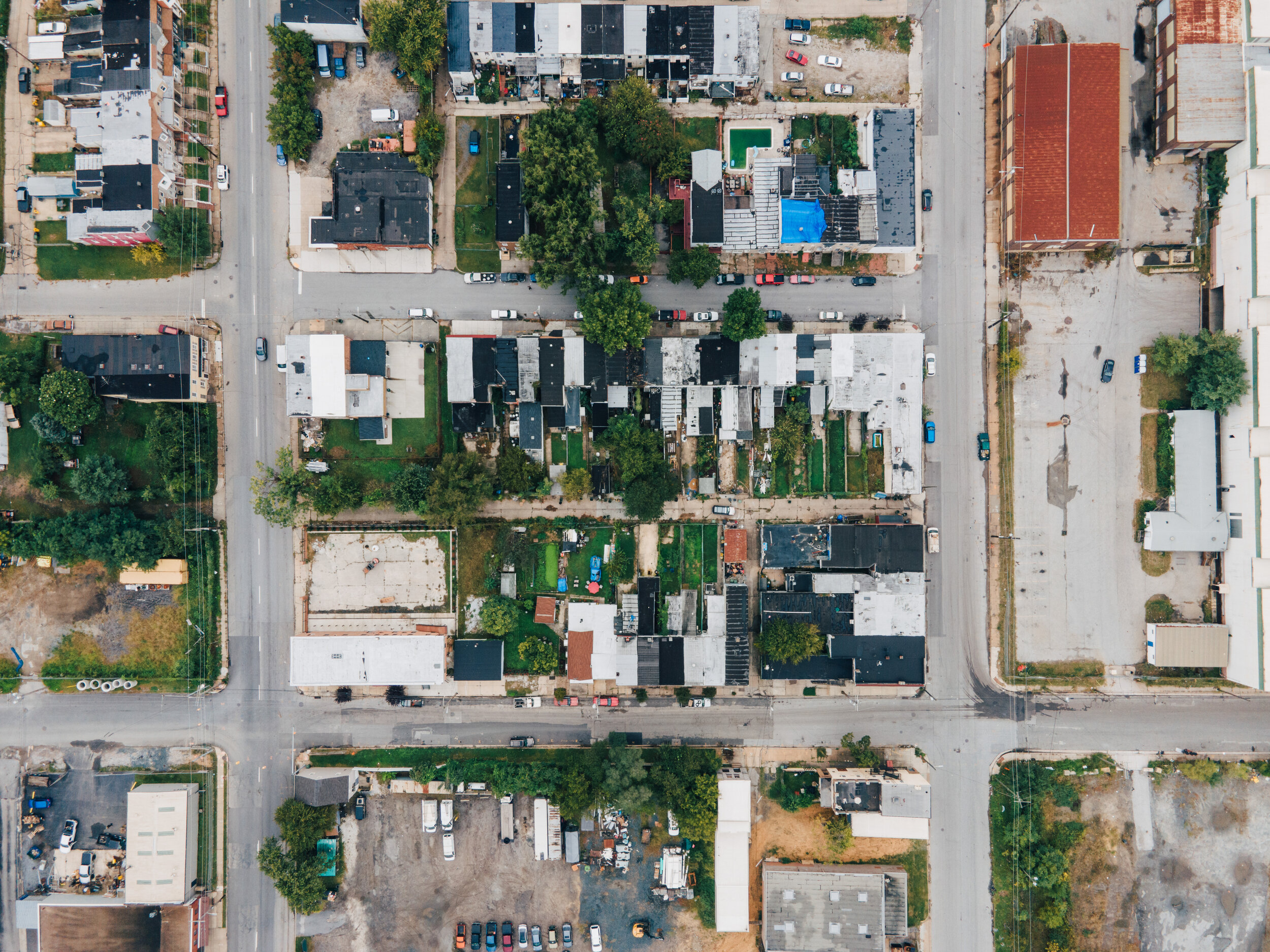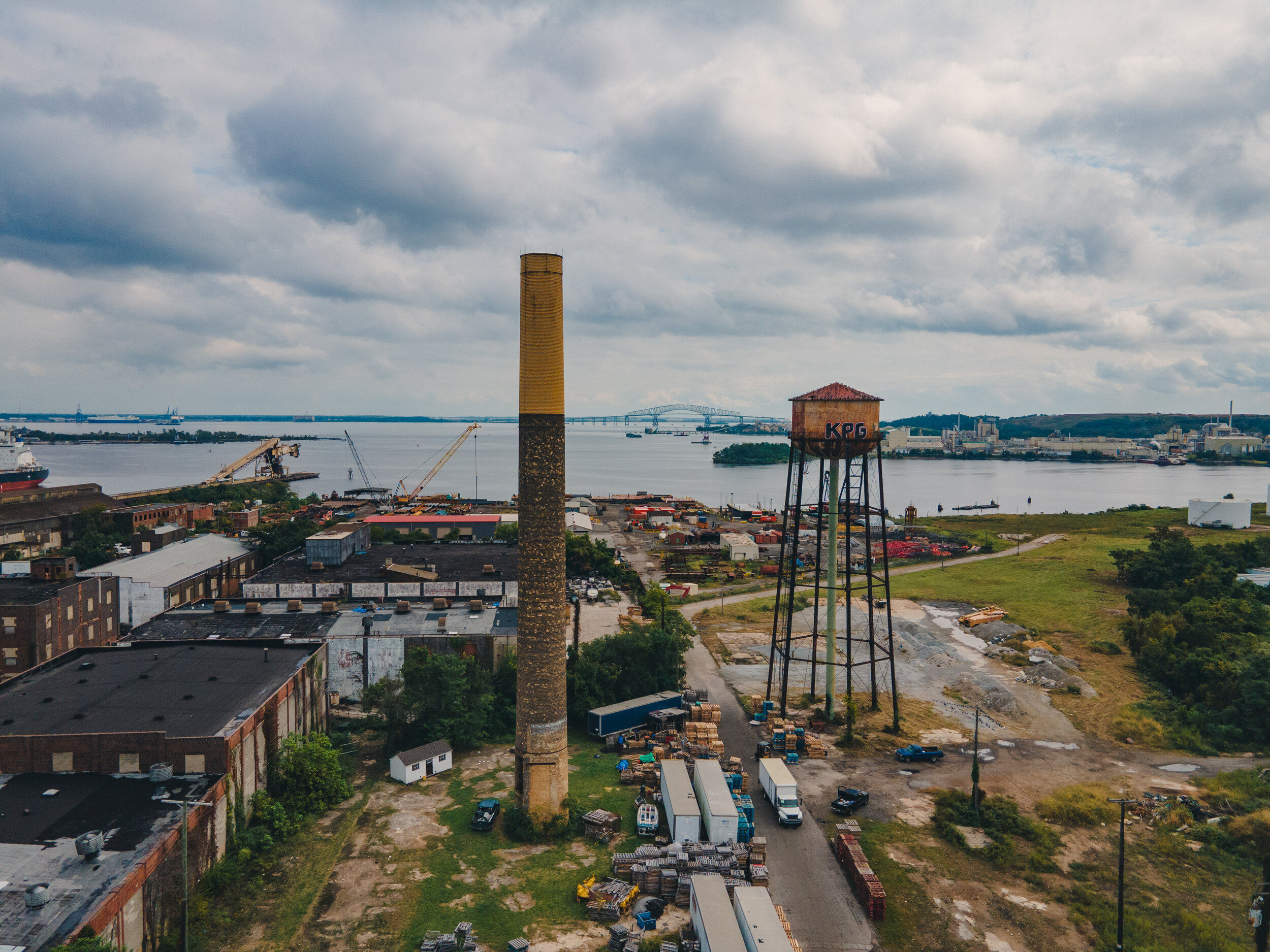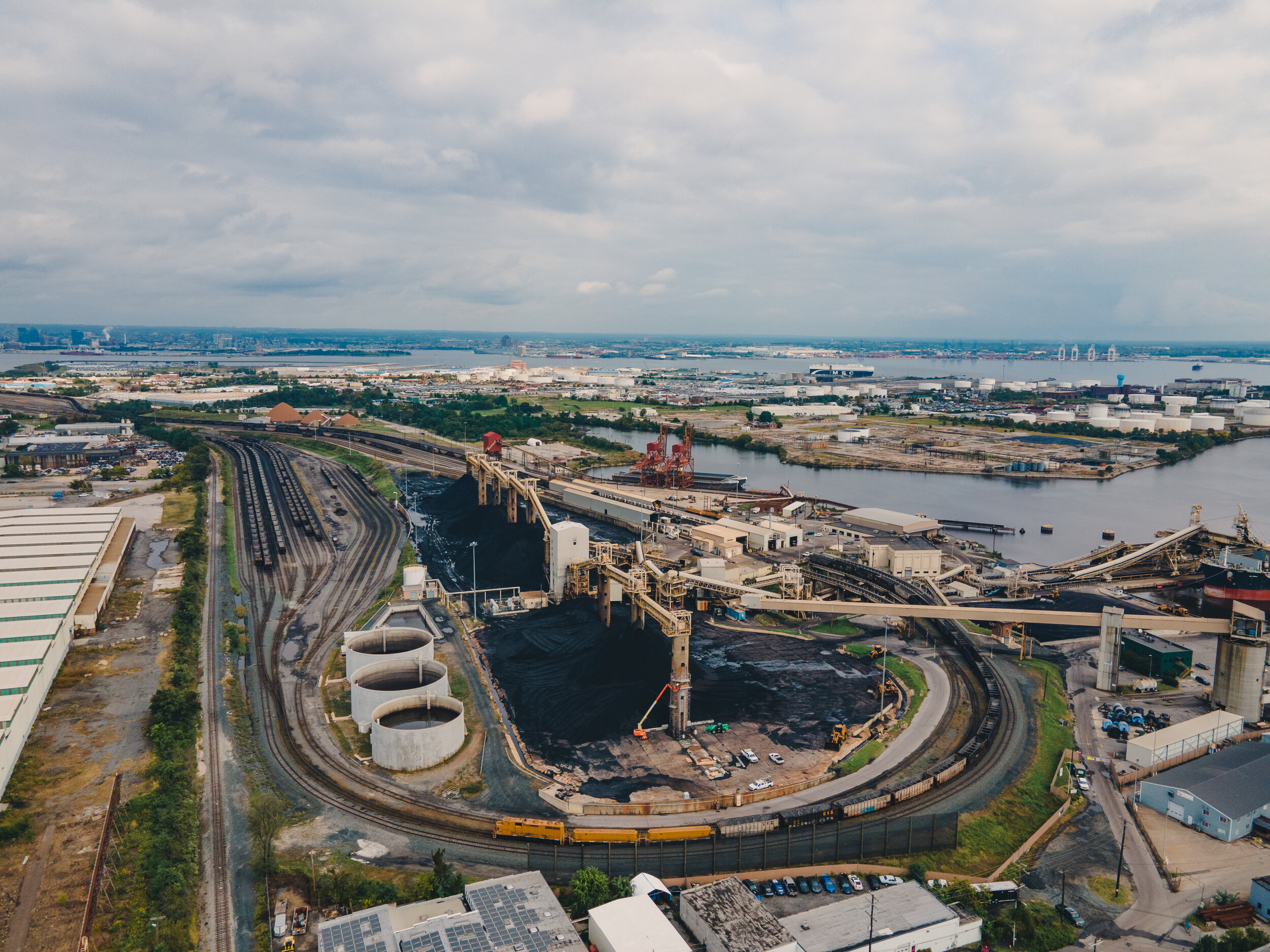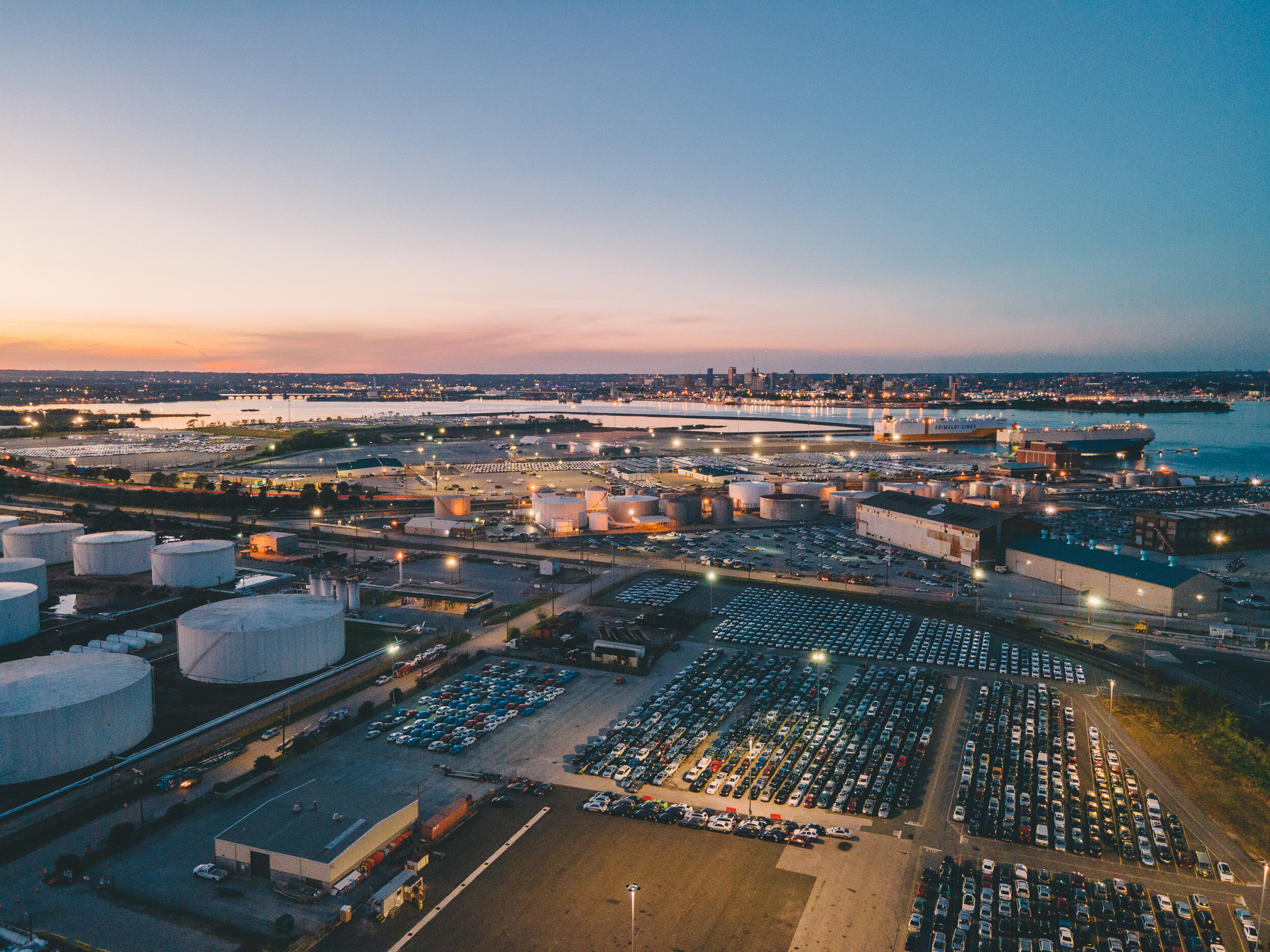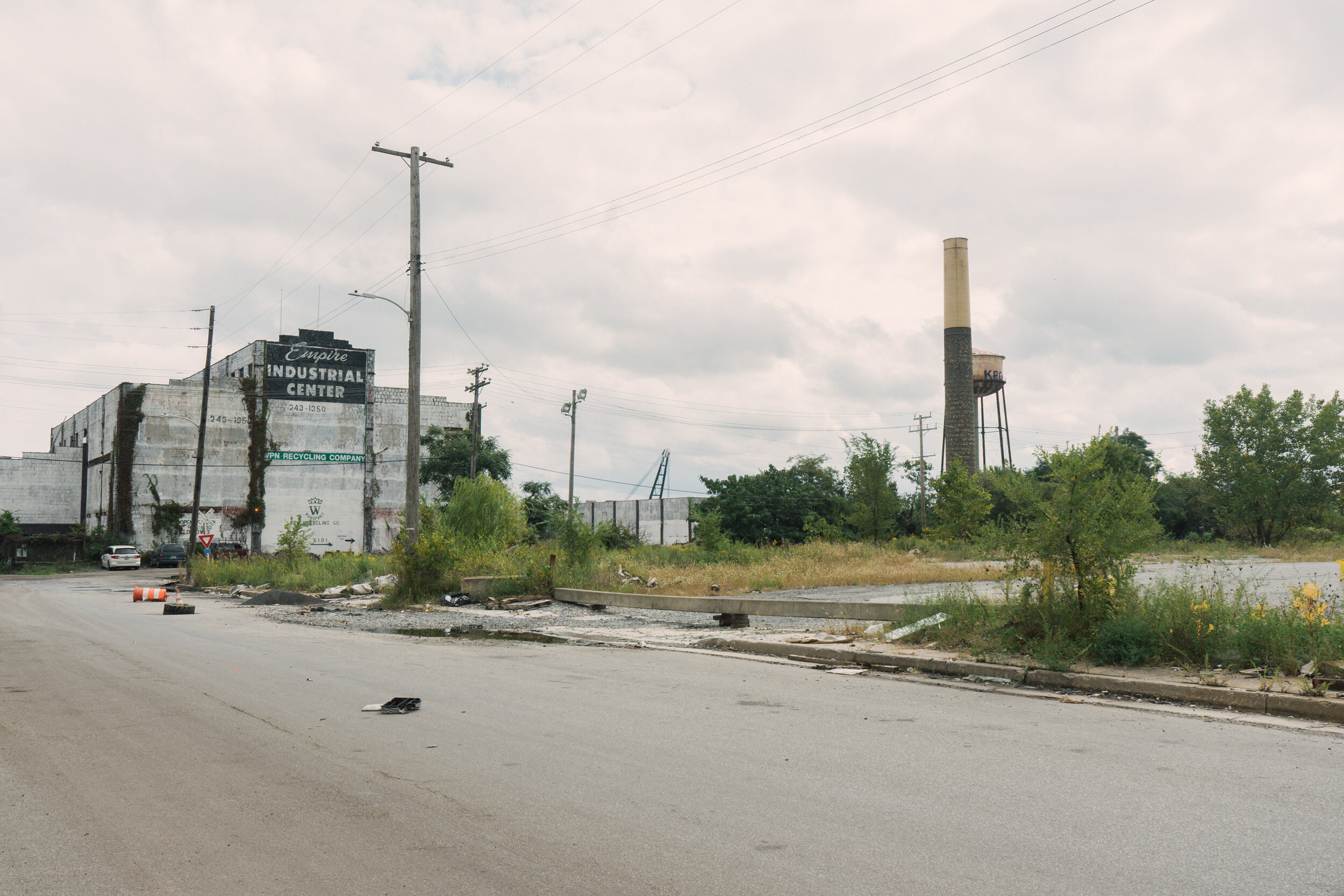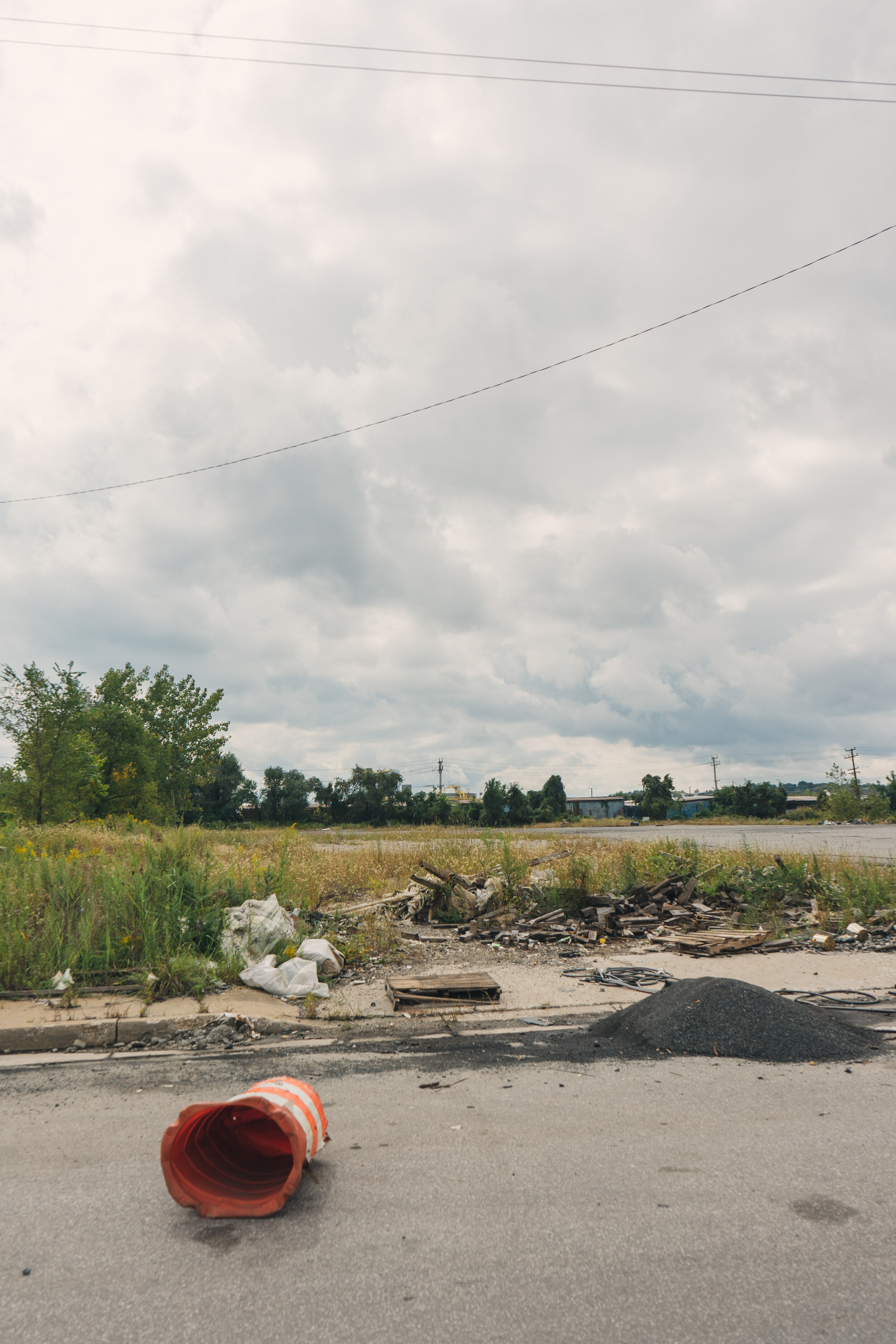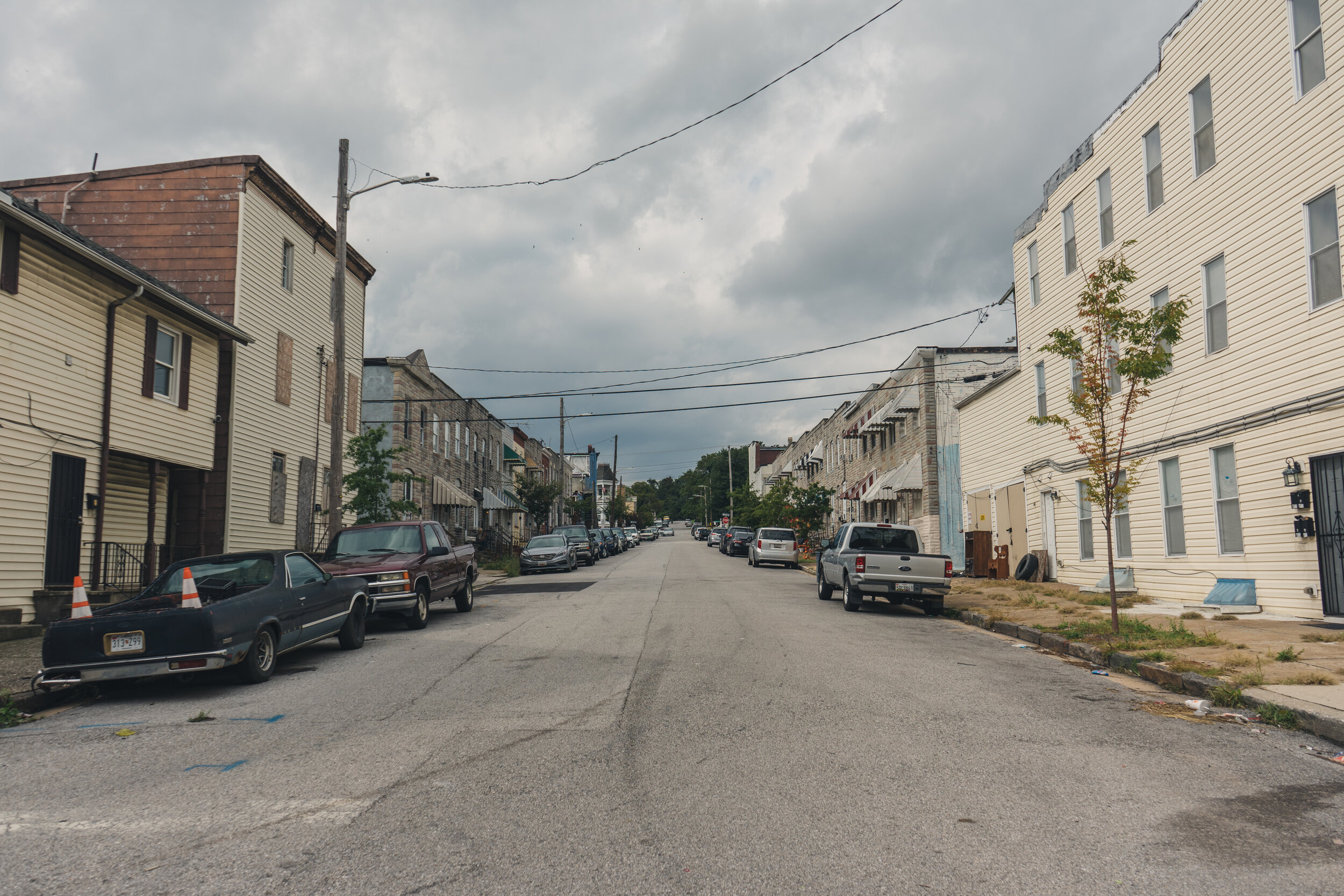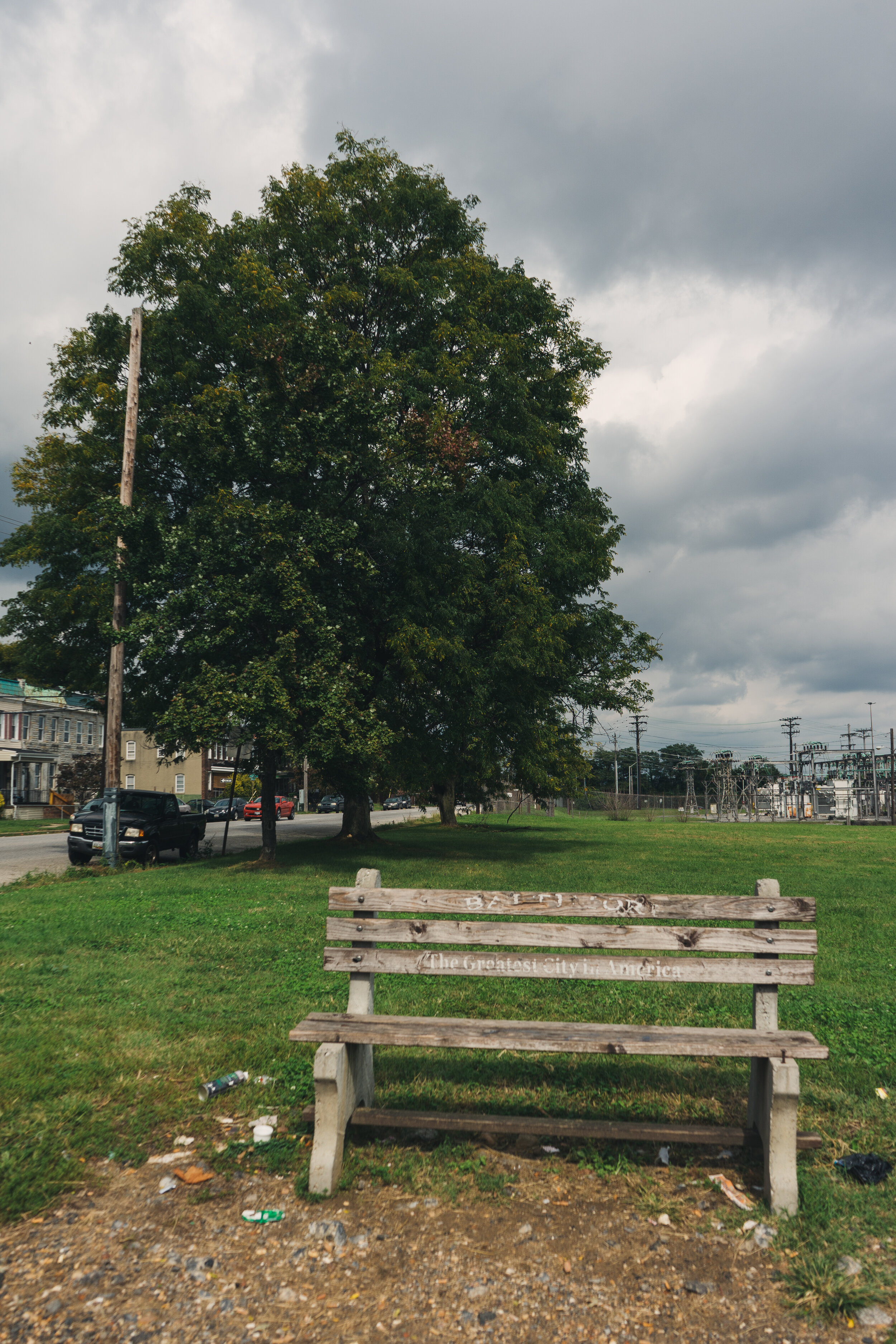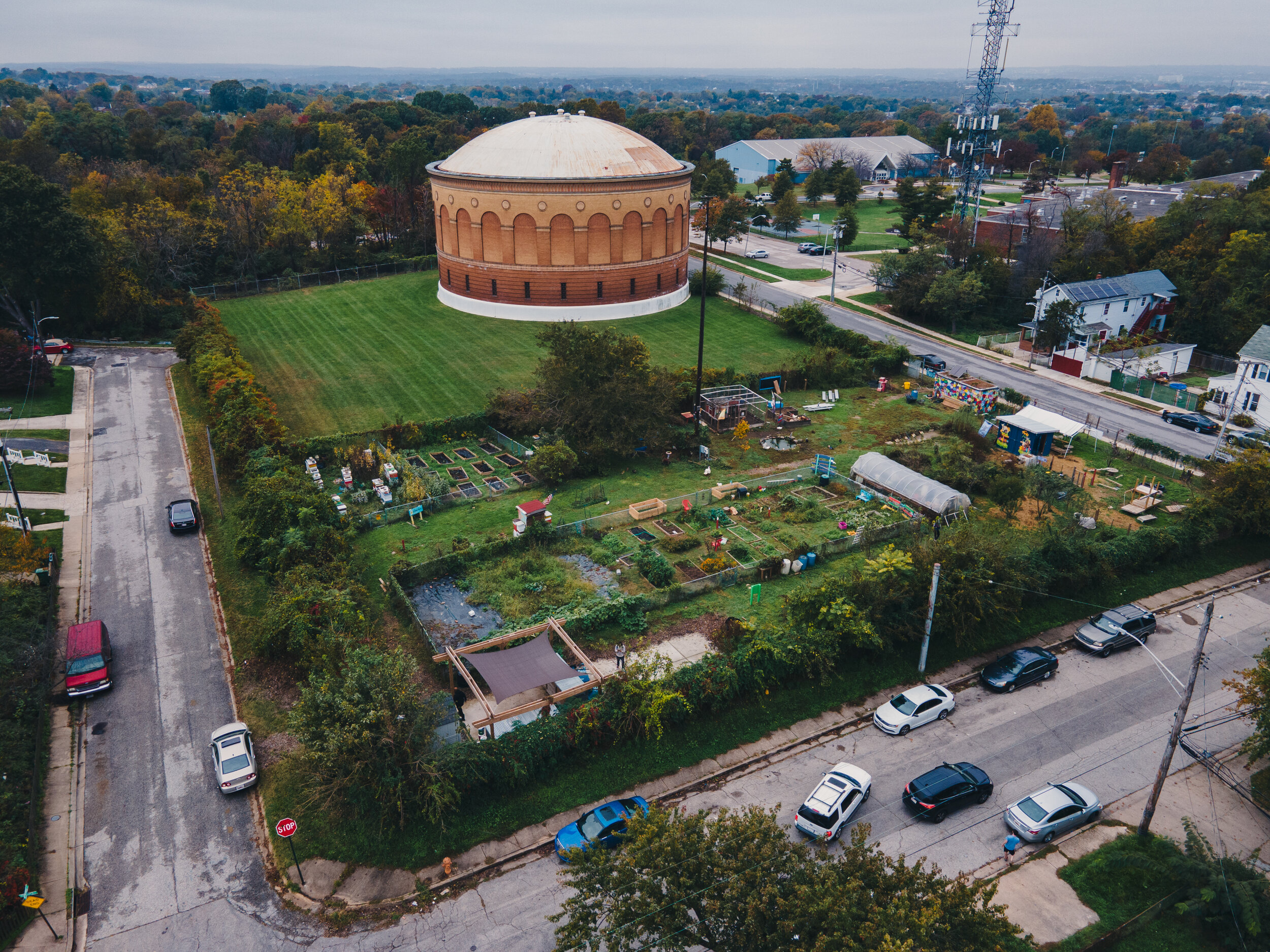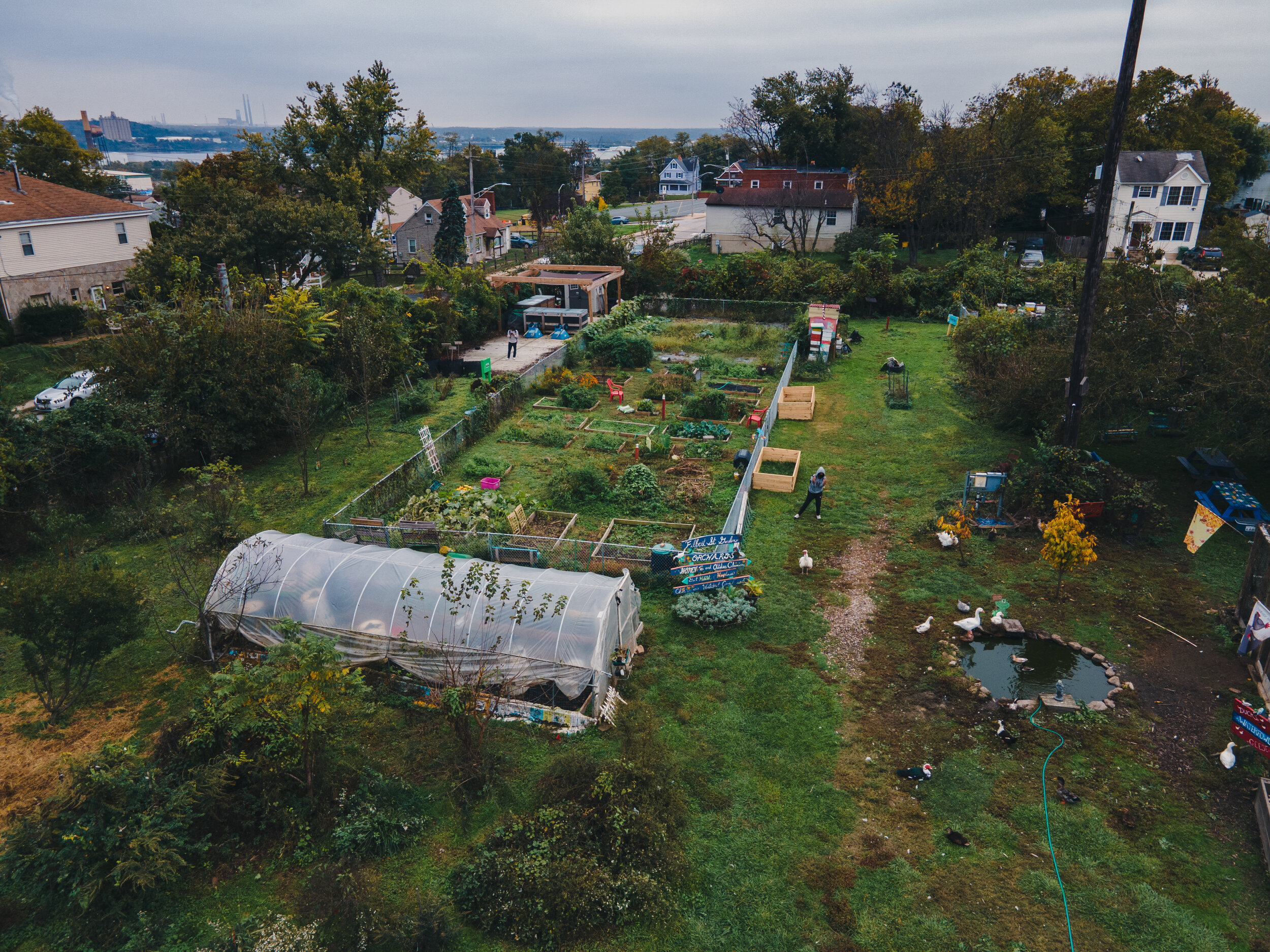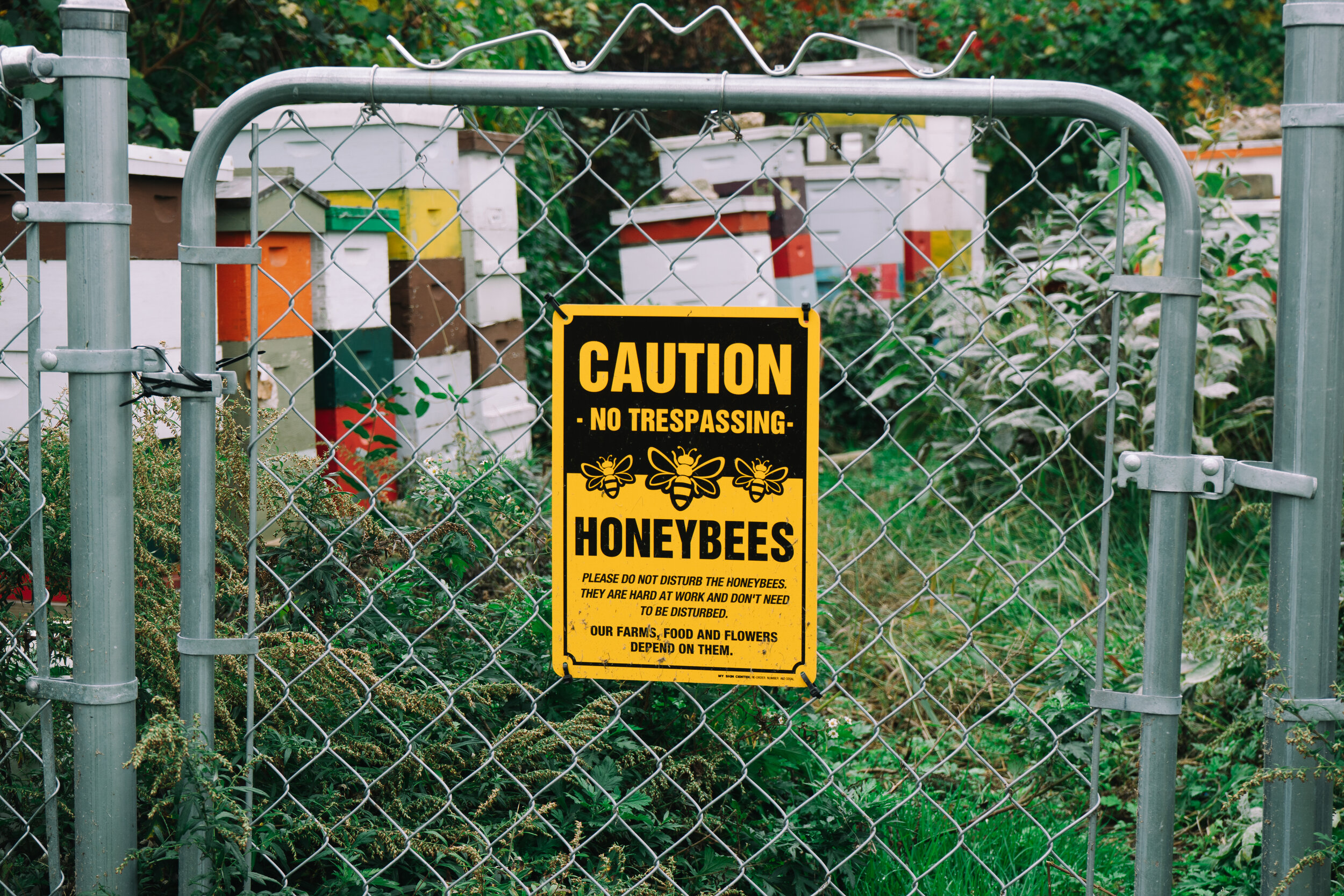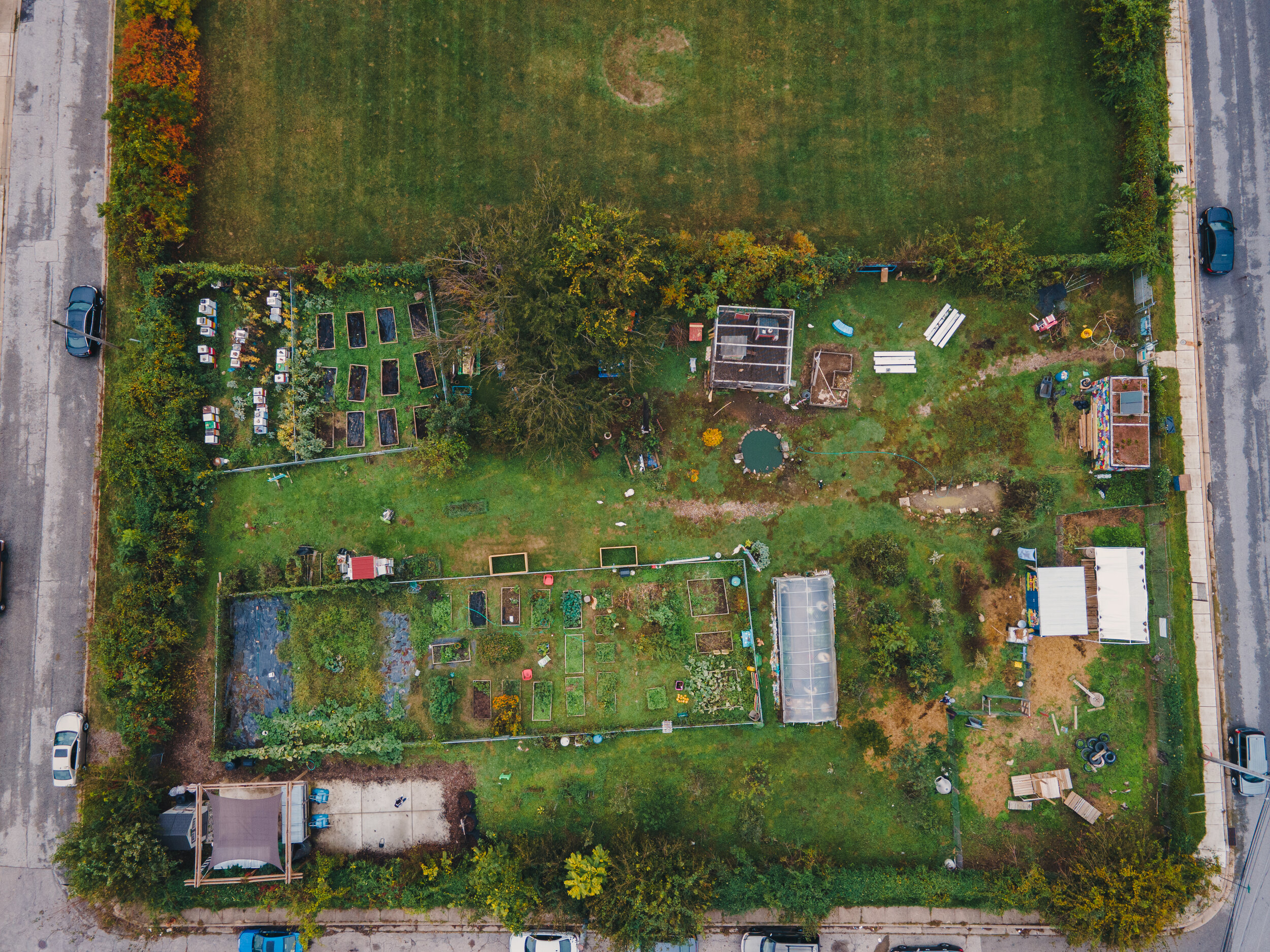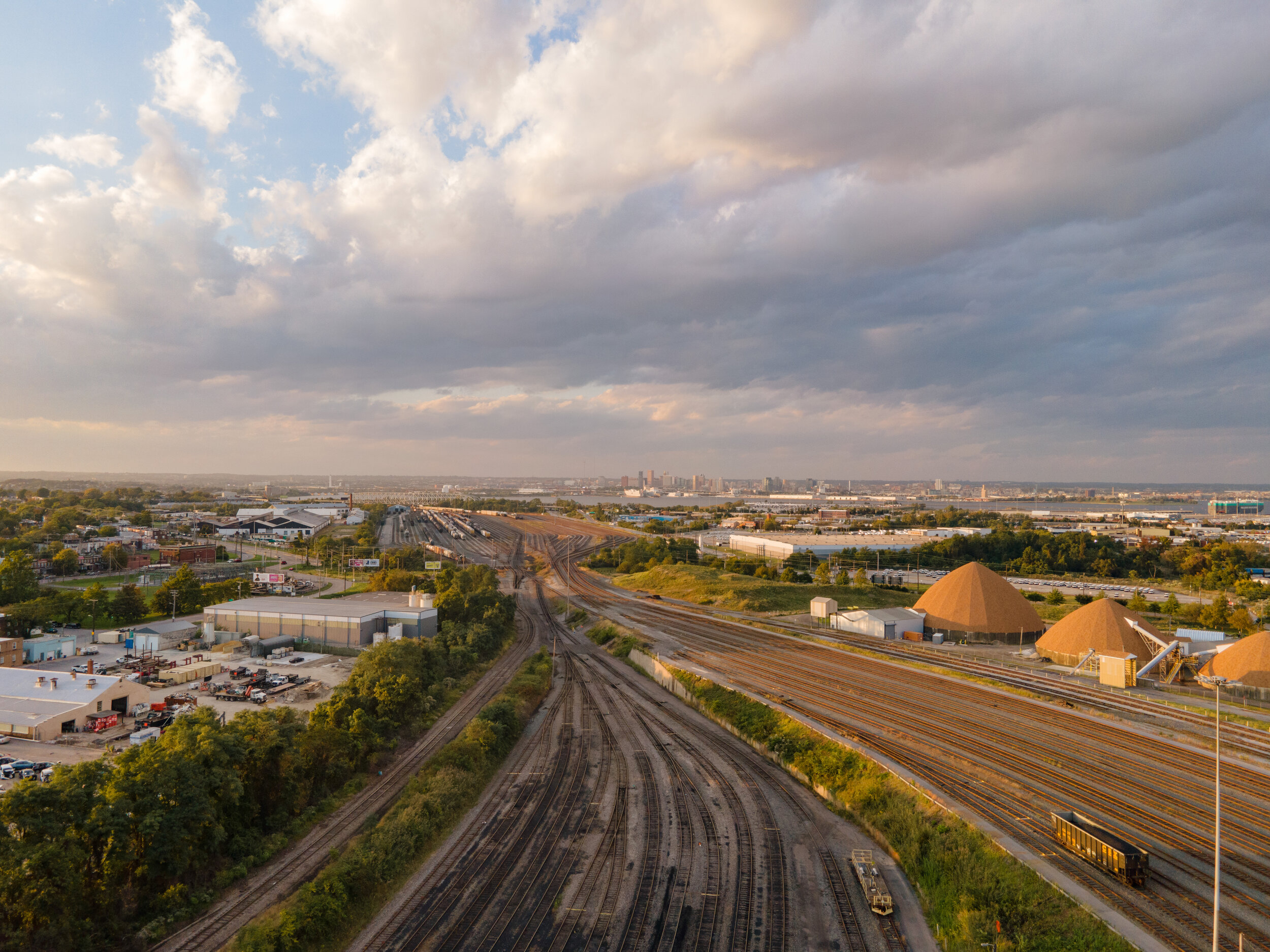“ Environmental justice is served when people can realize their
highest potential, without experiencing the “isms.” Environmental justice is supported by decent paying and safe jobs; quality schools and recreation; decent
housing and adequate health care; democratic decision-making and personal empowerment; and communities free of violence, drugs, and poverty. These are
communities where both cultural and biological diversity are respected and highly
revered and where distributive justice prevails.”
South Baltimore Communities such as Curtis Bay, Brooklyn, and Cherry Hill are notorious for having some of the worst environmental health issues in the country; manifesting through having some of the highest rates of asthma, cancer, and poverty rates in the country. These environmental health issues all stem from various forms of industry that exist in the community; from oil refineries, trash incinerators, a landfill, and other polluters- South Baltimore has been denied the right to clean air, water, and a healthy environment to grow in.
Residents of South Baltimore are more than twice as likely to die from asthma at a rate of 25.6% compared to the state average of 11.7%. This issue is even more visible on racial lines, with Black people more than twice as likely to die from asthma at 20.2% compared to 8.9% for white people (Maryland Asthma Control Program, 2012). South Baltimore is actively being denied environmental justice be it severe government underfunding, the continued legislative support of polluters in the area, or high rates of unemployment and poverty.
The residents of South Baltimore have been underserved, they have been discriminated against, and they have been denied the right to environmental justice through a complex multitude of discriminatory housing practices, zoning laws, lack of environmental regulation, and severe underfunding. One quickly starts to see that when examining the disenfranchisement of a community, they cannot isolate any one factor. Pollution ties into poverty which ties into race and many other factors, making this an issue that is incredibly difficult to identify and process and even more difficult to solve. In short, people who live in South Baltimore are more likely to suffer from chronic health issues, die younger, and have a lack of access to nature because of private and public discriminatory practices. We see these trends in cities across the country, from Detroit, Michigan to The Bronx, New York: people of color and the poor are more likely to suffer serious environmental health issues due to an increased incidence of polluters and a lack of government attention to the issue. This issue transcends borders and is seen across the globe, from Israeli settlements dumping waste on and setting fire to Palestinian farms, multinational corporations using poor countries as the dumping grounds for unwanted waste, and colonial powers such as France sending waste to former colonies for incineration. The question of environmental justice remains increasingly relevant across the globe.

